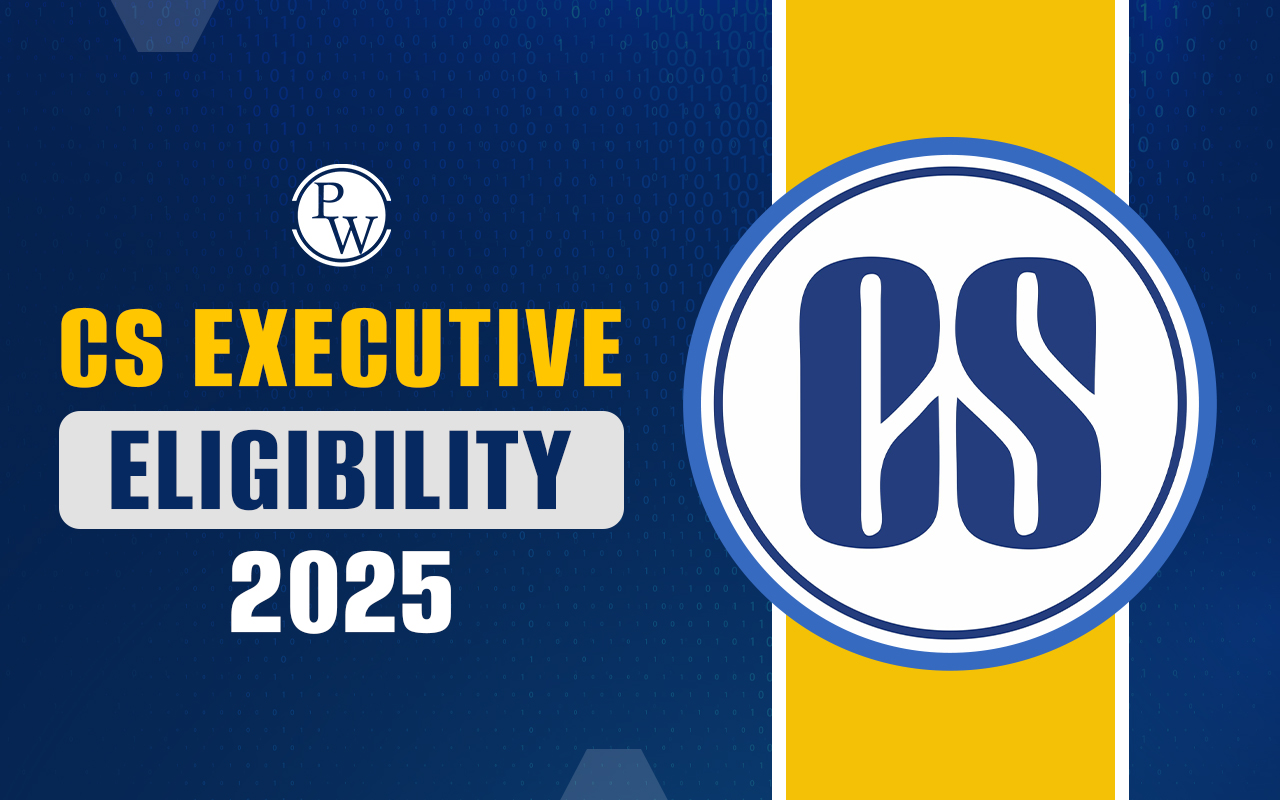
Securities Market Intermediaries: The security market is a dynamic and complex ecosystem that plays a pivotal role in the global economy. It facilitates issuing and trading financial instruments such as stocks, bonds, and debentures, enabling companies to raise capital and investors to access investment opportunities.
Central to the functioning of this market are various intermediaries who bridge the gap between issuers and investors. These intermediaries perform essential roles, keeping the market running smoothly, transparently, and efficiently. This blog explores the key intermediaries in the securities market, highlighting their functions and significance in maintaining the integrity and stability of financial markets.The Role of Securities Market Intermediaries
Intermediaries in the securities market serve as vital conduits, supporting the efficient flow of information and capital between market participants. These entities, ranging from merchant bankers to stock brokers, perform various functions that aid both the primary and secondary markets. Their roles are crucial for maintaining market confidence, facilitating liquidity, and safeguarding the interests of investors. By adhering to regulatory standards and best practices, these intermediaries help to create a transparent and robust financial system that underpins economic growth.Primary Market Intermediaries
The primary market involves issuing new securities directly from companies to investors. Intermediaries in this market are crucial in facilitating these securities' initial sale and distribution. Their functions range from managing the issuance process to guaranteeing the sale of securities. Here is the list of primary market intermediaries:Merchant Bankers
Merchant bankers are pivotal in the primary market, assisting companies in raising capital. They manage the issuance process, meeting all regulatory requirements. Merchant bankers perform due diligence, verifying the accuracy of the information provided in the offer documents to protect investors. This role has become increasingly important with the strengthening of disclosure requirements. They must have a substantial net worth to support their activities, enabling them to handle the scale of operations in managing public issues.Underwriters
Underwriters provide a critical service by guaranteeing the sale of a company's securities. They purchase unsold shares in a public offering, thus minimizing the risk for issuers. Underwriters must register with SEBI and adhere to strict regulatory standards. Merchant bankers, stockbrokers, and mutual funds often perform this function. Their role is crucial in the success of new issues, as they provide a safety net for issuers and add credibility to the issuance process.Portfolio Managers
Portfolio managers manage investment portfolios on behalf of clients, tailoring their services to meet individual investment objectives. They are responsible for making informed investment decisions, managing risks, and maximizing client returns. Portfolio managers must be registered with SEBI and operate within the regulatory framework established to protect investors. This helps portfolio managers act in the best interest of their clients, providing professional and transparent services.Debenture Trustees
Debenture trustees protect the interests of debenture holders by overseeing compliance with the terms of the debenture trust deed. They monitor the creation of security, timely interest payment, and debenture redemption. SEBI monitors their activities to ensure they meet their obligations and address any grievances from debenture holders. This role is vital for maintaining investor confidence in the debenture market.Secondary Market Intermediaries
The secondary market involves the trading of existing securities among investors. Intermediaries in this market facilitate transactions, provide access to trading platforms, and ensure that trades are conducted efficiently and transparently. Here is the list of secondary market intermediaries:Stock Brokers
Stock brokers facilitate the buying and selling of securities in the secondary market. They are the link between investors and the stock exchanges, providing access to the trading platforms. Stock brokers must register with SEBI and comply with regulations to maintain market integrity and protect investors. Their role includes executing trades, providing investment advice, and conducting transactions efficiently and transparently.Sub Brokers
Sub-brokers assist stock brokers by dealing directly with investors. They play an essential role in reaching retail investors and providing personalized services. However, the registration of sub-brokers has been a challenge due to the reluctance of brokers to take responsibility for their actions. SEBI continues to work towards bringing more sub-brokers under regulatory oversight to enhance market transparency and investor protection.Registrars and Share Transfer Agents
Registrars to an issue (RTI) and share transfer agents (STA) manage the administrative aspects of securities issuance and transfer. They maintain records accurately and process transactions efficiently. With the advent of electronic trading and depositories, their role has evolved, but they remain essential for managing shareholder records and facilitating smooth ownership transfers.Bankers to an Issue
Bankers to an issue handle the financial transactions related to securities issuance. They collect application money, process refunds, and manage the allocation of shares. These services are critical for the efficient execution of public issues. SEBI regulations ensure that only qualified and registered banks can act as bankers to an issue, maintaining the integrity of the process. Intermediaries in the securities markets play diverse and vital roles that contribute to the overall functioning and stability of the financial system. By adhering to regulatory standards set by SEBI, these intermediaries safeguard the interests of investors and issuers. This regulatory framework fosters trust and confidence in the securities markets, supporting economic growth and development.Securities Market Intermediaries FAQs
What are security market intermediaries?
Security market intermediaries are entities like brokers, dealers, and investment advisers that facilitate transactions in financial securities on behalf of investors.
What role do security market intermediaries play?
They act as intermediaries between buyers and sellers in the securities market, providing services such as trade execution, advisory services, and market-making.
How are security market intermediaries regulated?
They are regulated by financial authorities to ensure fair practices, compliance with securities laws, and protection of investor interests.
What services do security market intermediaries offer?
They offer various services, including brokerage services for buying and selling securities, investment advisory services, custodial services, and securities underwriting.
Why are security market intermediaries important?
They contribute to market liquidity, efficiency, and investor protection by facilitating smooth transactions and providing expert advice in the complex world of securities trading.
Talk to a counsellorHave doubts? Our support team will be happy to assist you!

Check out these Related Articles
Free Learning Resources
PW Books
Notes (Class 10-12)
PW Study Materials
Notes (Class 6-9)
Ncert Solutions
Govt Exams
Class 6th to 12th Online Courses
Govt Job Exams Courses
UPSC Coaching
Defence Exam Coaching
Gate Exam Coaching
Other Exams
Know about Physics Wallah
Physics Wallah is an Indian edtech platform that provides accessible & comprehensive learning experiences to students from Class 6th to postgraduate level. We also provide extensive NCERT solutions, sample paper, NEET, JEE Mains, BITSAT previous year papers & more such resources to students. Physics Wallah also caters to over 3.5 million registered students and over 78 lakh+ Youtube subscribers with 4.8 rating on its app.
We Stand Out because
We provide students with intensive courses with India’s qualified & experienced faculties & mentors. PW strives to make the learning experience comprehensive and accessible for students of all sections of society. We believe in empowering every single student who couldn't dream of a good career in engineering and medical field earlier.
Our Key Focus Areas
Physics Wallah's main focus is to make the learning experience as economical as possible for all students. With our affordable courses like Lakshya, Udaan and Arjuna and many others, we have been able to provide a platform for lakhs of aspirants. From providing Chemistry, Maths, Physics formula to giving e-books of eminent authors like RD Sharma, RS Aggarwal and Lakhmir Singh, PW focuses on every single student's need for preparation.
What Makes Us Different
Physics Wallah strives to develop a comprehensive pedagogical structure for students, where they get a state-of-the-art learning experience with study material and resources. Apart from catering students preparing for JEE Mains and NEET, PW also provides study material for each state board like Uttar Pradesh, Bihar, and others
Copyright © 2026 Physicswallah Limited All rights reserved.









